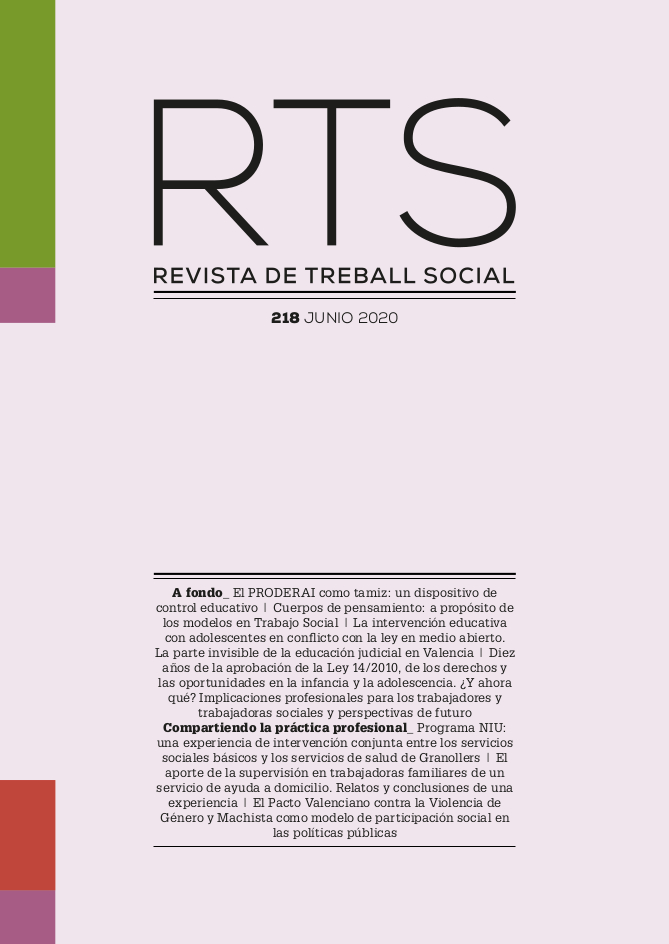The fight against violent extremism in Catalan society has led to the introduction of social surveillance policies within the educational field; the Protocol for the Detection of Islamic Radicalism (PRODERAI) is one example of this. This protocol applied to pupils (who are mostly underage), which is secret, based on police instructions conveyed verbally, and of doubtful effectiveness, illustrates legal significance in the educational field.
This article examines the substantial social impact of these policies at various levels through interviews and focus groups with different agents, such as young Moroccans, psycho-pedagogical teams from schools, Moroccan families and professional social workers.
The results explain how these measures bring about effects conflicting with those initially intended: firstly, the contradiction it comes up against in terms of ethical values and acknowledgment of diversity among the overall body teachers and social work professionals; secondly, families experience deeper confrontation with regard to their personal, religious and cultural values; lastly, the way in which this protocol has an impact on the development of the academic and social pathways of pupils subject to control, giving rise to processes of exclusion and stigmatisation.





